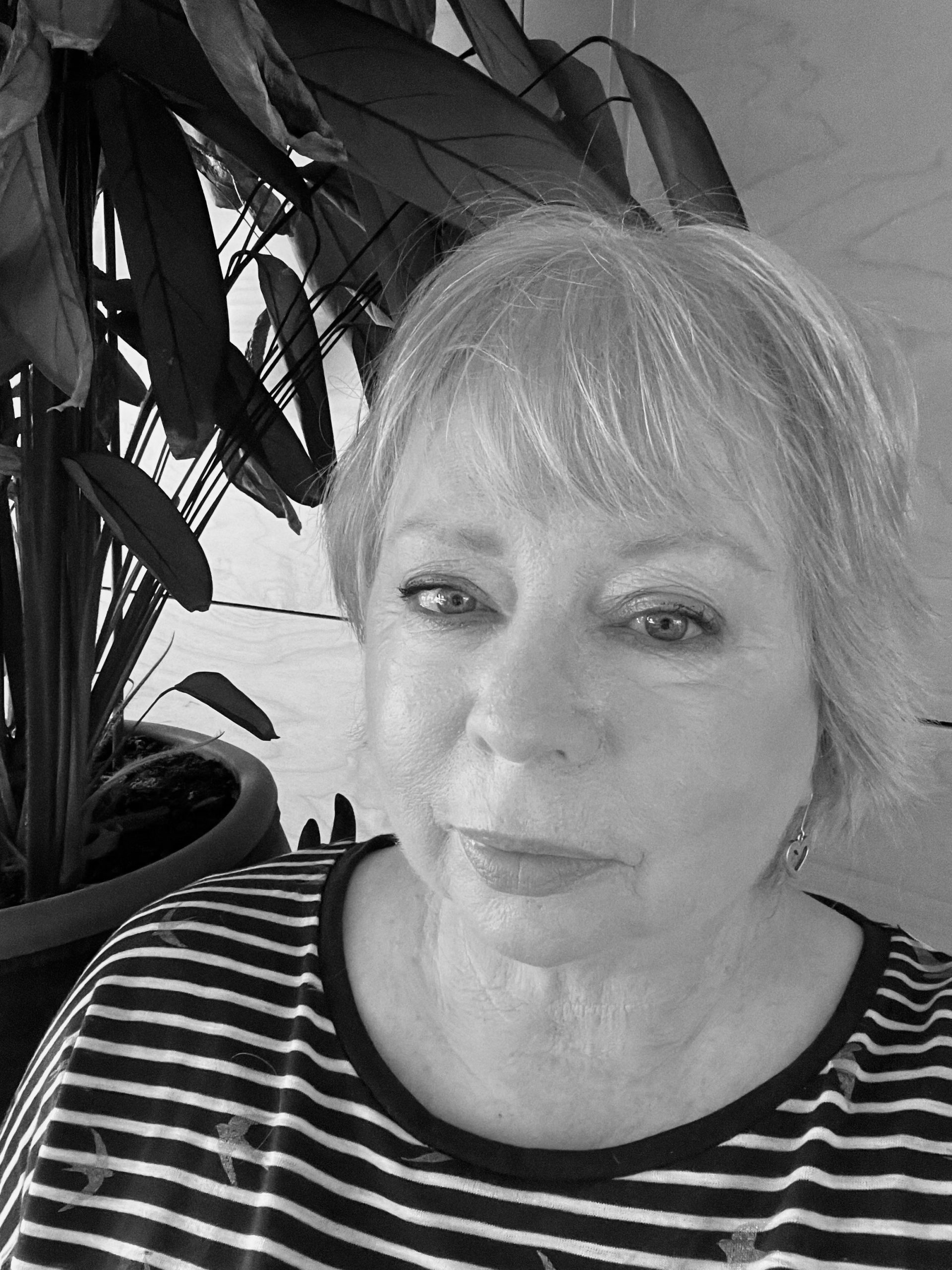
K.V. Martins
K.V. Martins grew up in Sydney, Australia, after her parents moved there from Wellington, New Zealand. After studying history and archaeology at university (desperately wanting to be an Egyptologist, digging in the desert for antiquities), she ended up in law. She is a lifelong fan of Agatha Christie and detective noir novels (particularly when the sidekick is a curious canine).
She now lives in the Far North of Aotearoa New Zealand. You can follow K.V. Martins on Tiktok, where she talks about books, dogs and curious historical things (k.v.martins_author). You can also visit her website kvmartins.com to read about upcoming book releases.
What authors did you dislike at first, but grew into?
When I went to school, we had to read William Golding and Charles Dickens mainly. Lord of the Flies gave me nightmares. I thought Dickens was very dry and overly moralistic, but I’ve come to appreciate how he explored the human psyche through his characters, and we can recognise something of ourselves in them.
Do you try more to be original, or to deliver to readers what they want?
I experiment with style but mainly I write stories that I would like to read, sometimes with a supernatural touch but always with a crime involved.
How do you select the names of your characters?
I’ve snatched a few character names from the family vault! Roland Cuthbert Barry, the main character in my novel, Everything to Hide, is a nod to my ancestor from the 1700s, Cuthbert Lowden. The middle name of Grayson Evans Barry in the same novel is one of my middle names. I also consult baby names list from the past to make sure I’m using a name that reflects the historical period, or I pick my own names based on their sound and how pleasing they are to the ear.
What was the first book that made you cry?
It’s a 1992 novel by British writer Barry Unsworth called Sacred Hunger. I’m a great fan of Unsworth’s writing. Sacred Hunger follows those on board the Liverpool Merchant, a slave trader in the late 1700s, and is a commentary on human greed within the context of the Atlantic slave trade.
If you had to do something differently as a child or teenager to become a better writer as an adult, what would you do?
Read Dickens. He really was a master of the craft. I would also read less science stuff (I was obsessed with dinosaurs) and more children’s books. I have yet to read Enid Blyton or Margaret Mahy.
Have you Googled yourself? Did you find out anything interesting?
I try not to, but the one time I did, I accidentally swapped the initials around and ended up finding a V.K Martins from Brazil, who seems to be a young DJ (wondering how I can get his character into a future novel!).
Are there any secrets in your books that only a few people will find? Can you tell us one? Or give us any hints?
Lots, but one I’ll give away is that Barry Island (a private island in Everything to Hide) is loosely based on Dangar Island in the Hawkesbury River in Sydney. I used to travel up and down the Sydney to Newcastle train line when living in Australia, and we’d pass by the islands dotted along the Hawkesbury River. Dangar Island always intrigued me, and I imagined what might happen if a violent storm cut everyone off from the mainland and a killer was on the loose. Voila! Everything to Hide.
Did you ever consider writing under a pseudonym? Why?
Yes. I often think about writing a spicy romance and a time travel novel, even though writers are advised to stick with one genre to build up a base of loyal readers. I have a pseudonym picked out, so maybe . . .
How did publishing your first book change your writing process?
It’s made me appreciate the editing process. I’ve been writing since I was a teenager, but publishing your first book involves understanding the different editing stages, the revision process, the importance of beta readers, and incorporating their feedback.
How many unpublished and half-finished books do you have?
Quite a few. I have one I wrote in my early twenties. It’s around 60,000 words and is sci-fi (I was in a Star Trek phase). I also have journals full of poetry and another novel I wrote around 2010, a historical romance set in Rome, which I’m considering revising.
What’s the most difficult thing about writing characters of the opposite sex?
Not falling into stereotypes. Not all male characters have to be tough and practical, and women aren’t always emotional. I think of people I know and how they would react to a given a situation. I focus on characteristics other than gender because gender alone does not make you who you are.
Do you read your book reviews? How do you deal with bad or good ones?
I do everything possible to avoid them. You can’t please everyone. Hopefully, my books will find their readers and that’s what matters.
